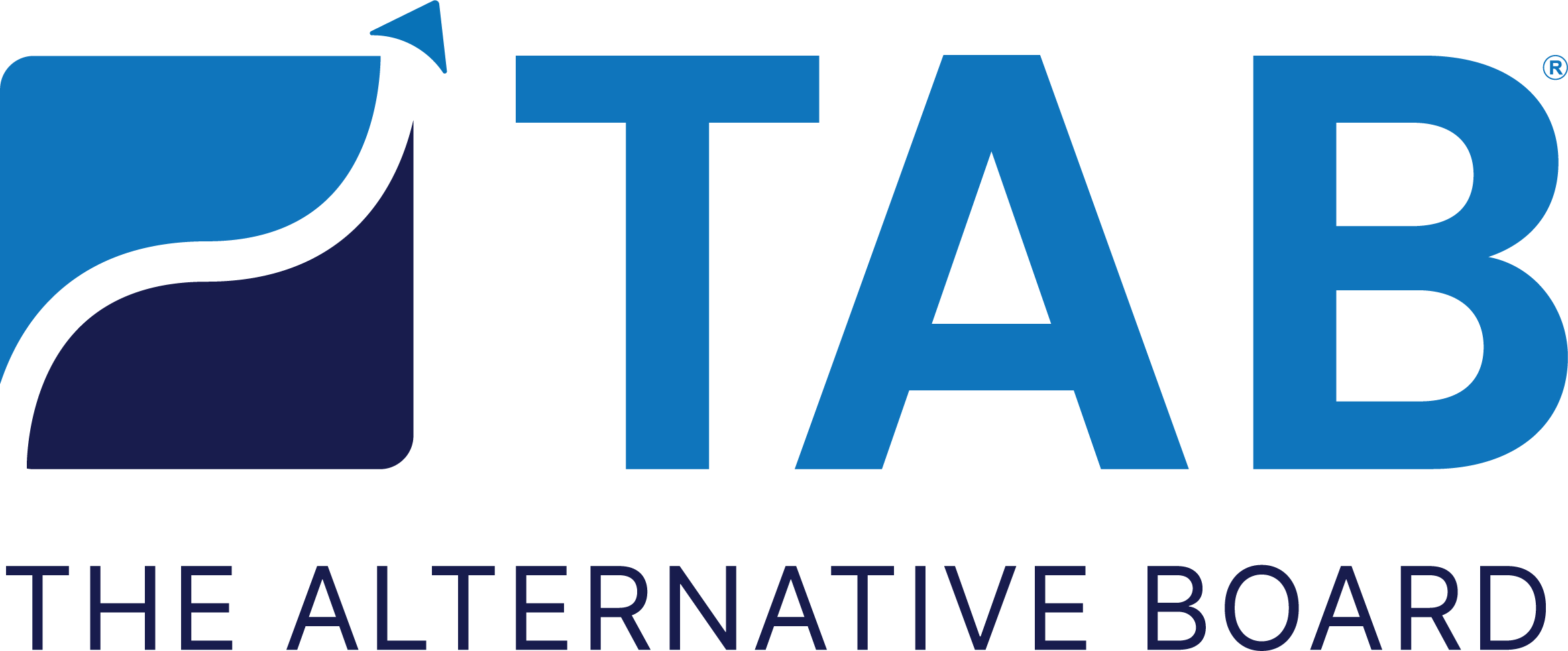The Importance of a Leadership Development Plan
As a business owner have you ever given any thought as to who will replace one of your senior staff if they were to resign today? It’s a hard question, and the truth is no one really knows when crisis, resignations or leaves of absence might strike. That’s why it’s important to have a plan in place for replacing your leadership if and when the times come. Losing a member of your leadership team can greatly impact your organization, so making a plan can help reduce your stress, and limit any adverse effects while keeping your business operating efficiently during the transition.
Recruitment and talent acquisition are two of the most common issues I help my clients with, often because they’re left scrambling trying to find someone to fill a vacant role. Instead of struggling, consider leveraging the talent you already have. A leadership development plan is a strategic plan that helps your employees develop competencies with the goal of preparing them for management and leadership roles. Some benefits include improving employee retention and employee recognition, cost savings, fueling business strategy, and driving better business results, among others.
I have outlined below my recommendations for introducing leadership development plans in your organization.
Assess and identify your talent
Depending on the size of your organization, your talent pool will vary in size. If you have a small to medium-sized business, leadership development plans are still a useful tool in planning for the future. I recommend taking a look at your employee roster to see what skills they bring to the table and speak with them to learn about what their professional goals and aspirations are. Larger organizations can work with their middle management to identify employees who show potential for leadership.
As well, don’t overlook entry-level employees. Sometimes, our best talent comes from the frontlines and with the right training and guidance, these employees can become rising stars and soon climb the ranks of your organization.
Determine key leadership competencies and leadership styles
In addition to the skills your employees bring to the table, it’s important to also consider their leadership competencies and leadership styles. When replacing a leader, you may feel inclined to select someone who complements your organization’s culture. While this is important, I recommend paying close attention to your immediate and future business needs as well. This should give you clarity on who’s best suited for the job.
Design the plan
Leadership development plans require an investment in your employees. In addition to formal training and courses, I recommend introducing a mentorship program and job shadowing opportunities to decrease the gap between employees and leadership. Keep in mind that the best leaders tend to know their organization inside and out. Starbucks, is a great example, as they recognize the importance of this and train their corporate managers as baristas so they truly understand the barista and customer experience. The company also invests heavily in leadership development at all levels of the organization.
Considering the disruptions COVID-19 has caused many organizations, especially from a talent perspective, now’s the time to plan for a stronger tomorrow. If you’re interested in implementing leadership development plans at your organization, contact TAB today to learn about how we can support you.

